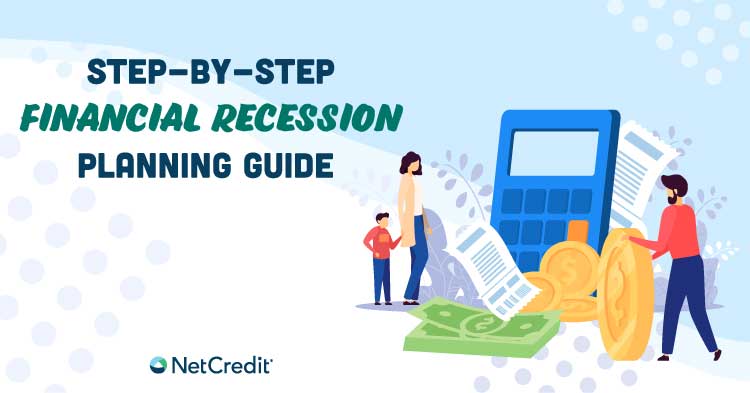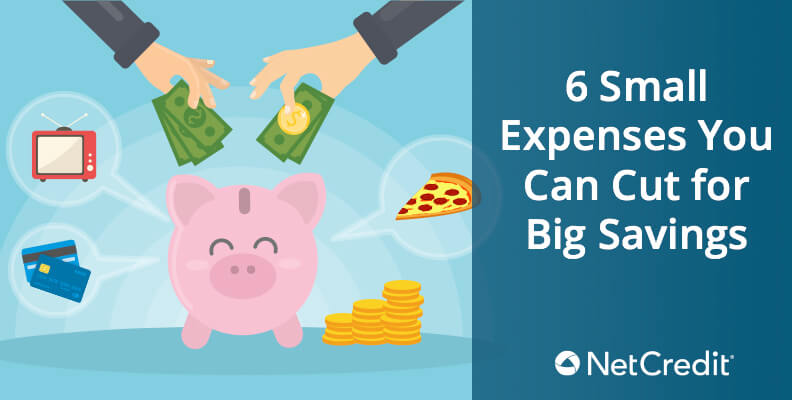During unstable financial times, it’s a good idea to hope for the best and prepare for the worst. So while we can and should remain optimistic that our current economic downturn reverses itself, it’s also wise to make sure to ready your finances for a recession. To get started, consider these tips to recession-proof your finances to the best of your ability.
1. Watch Your Budget
Sticking to a budget is especially important during periods of economic uncertainty. Generally, you should strive to have 50% of your take-home pay go toward needs, 30% toward wants and 20% toward debt payments and/or savings. When preparing for a recession, you’ll want to cut down as much of the “wants” category and increase money allocated toward savings.
2. Build Your Emergency Fund
If you don’t have a savings account set up yet, now would be a good time to do so. If you do have one, now would be the time to build it up as much as possible. Aim to have 3 – 6 months’ worth of monthly expenses set aside. While your income is something you may have today, it’s nothing to take for granted. Having an emergency fund gives you the security blanket necessary to weather unpredictable times.
3. Mind Your Credit Score
Don’t let short-term challenges turn into long-term challenges. Prioritize things like your mortgage or rent, your utility bills and your debt payments so that you protect your credit score. Also, during times of widespread economic hardship, leniency for missed or late payments may be available to you. Don’t hesitate to communicate your needs to the businesses to which you owe money.
4. Consider a Balance Transfer or Debt Consolidation Loan
If you have credit card debt that is currently accruing interest, it may be worthwhile to see if you are eligible for a balance transfer credit card. A balance transfer credit card can help you avoid interest charges for several months — anywhere from 6 – 21 months. This then allows the card user a period of time to put more money into their emergency fund rather than focus as heavily on outstanding debts. Similarly, a debt consolidation loan might allow you to pay off all of those outstanding debts and lower your overall monthly payment amount.
5. Invest Now (Only If You Can)
It may seem scary to invest in a down market, but staying invested is something many financial advisors would suggest. Don’t let short-term challenges blur your vision from the market eventually recovering. The low prices of stock now can be seen as opportunities to make money once the economy rebounds.
6. Look for Opportunities to Earn More
Where there are challenges, there are opportunities. So while new employment prospects can seem dire during an economic downturn, there will be areas where this isn’t so. Now could be a great time to get started on your side hustle. For more ideas on earning some extra cash, check out our Coronavirus Resources page.
7. Take Care of Yourself
Finally (and while this isn’t necessarily a finance tip) do what you can to stay level-headed, calm and of sound of mind. While that may seem easier said than done, there are actions you can take to help. Get your exercise in whenever and however you can. Don’t eat food to cope with stress. Talk with family members, friends or a licensed therapist about your feelings. Taking care of yourself will help to keep your mind and body balanced and (subsequently) your finances in order.






